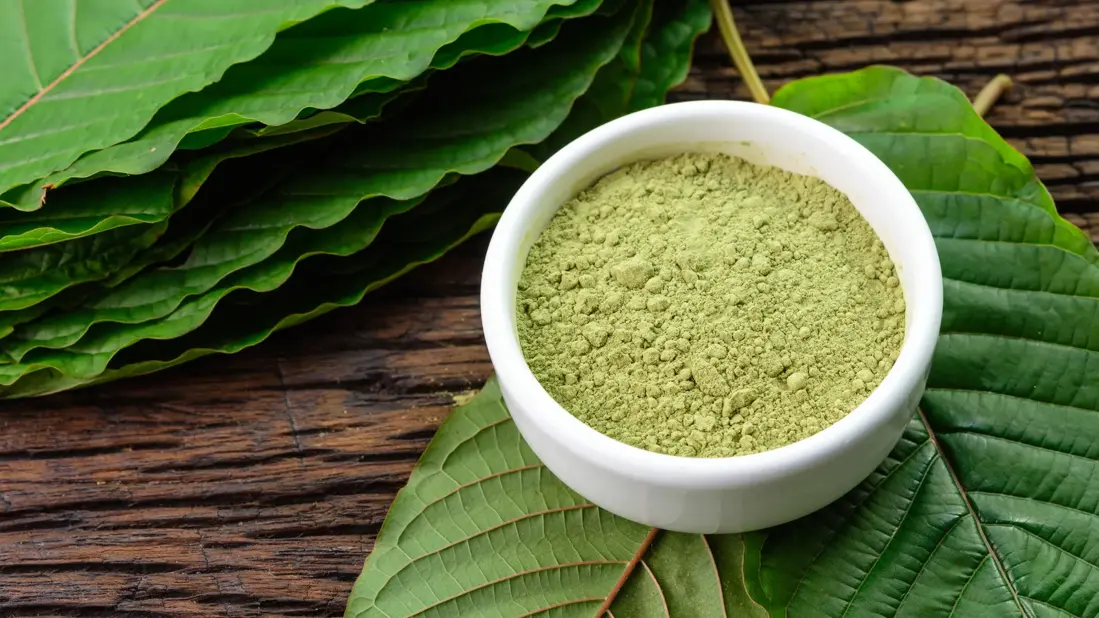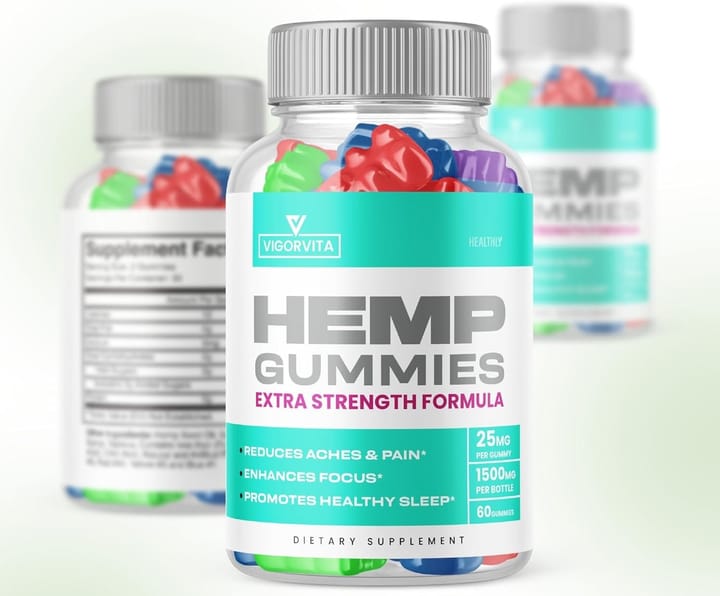A Complete Guide to Kratom vs. CBD: Uses, Effects, and Safety

As natural remedies gain popularity, both Kratom and CBD have emerged as powerful options for managing various health conditions. While they share some similarities, their mechanisms, uses, and risks differ significantly. In this article, we will compare Kratom and CBD, exploring their benefits, risks, and appropriate use cases to help you make an informed decision.
What is Kratom?
Kratom (Mitragyna speciosa) is a tropical tree native to Southeast Asia, particularly in countries like Thailand, Indonesia, and Malaysia. Its leaves contain active compounds, primarily Mitragynine and 7-Hydroxymitragynine, which interact with opioid receptors in the brain.

Common Uses of Kratom
- Pain Relief: Its opioid-like effects make Kratom a natural option for managing chronic pain.
- Energy and Focus: At low doses, Kratom acts as a stimulant, increasing alertness and energy.
- Mood Enhancement: It may help alleviate symptoms of anxiety or depression.
- Opioid Withdrawal Support: Some people use Kratom as an alternative to manage withdrawal symptoms from opioids.
What is CBD?
Cannabidiol, or CBD, is a non-psychoactive compound derived from the cannabis plant. Unlike THC (tetrahydrocannabinol), CBD does not produce a "high" and has gained recognition for its therapeutic properties.
Common Uses of CBD
- Anxiety and Stress Relief: CBD interacts with serotonin receptors to reduce anxiety.
- Pain and Inflammation Management: Its anti-inflammatory properties make it a popular choice for arthritis and other chronic pain conditions.
- Sleep Improvement: CBD promotes relaxation, aiding those with insomnia or disrupted sleep patterns.
- Seizure Treatment: The FDA-approved drug Epidiolex contains CBD and is used for treating epilepsy.
Kratom vs. CBD: Key Differences
| Feature | Kratom | CBD |
|---|---|---|
| Source | Leaves of the Mitragyna speciosa tree | Extracted from cannabis or hemp plants |
| Mechanism | Interacts with opioid receptors | Affects the endocannabinoid system |
| Effects | Stimulant (low dose), Sedative (high dose) | Relaxation, anti-inflammatory, and anxiolytic |
| Legality | Restricted or banned in some countries | Legal in many countries, varies by THC content |
| Addiction Risk | Potential for dependency | Low risk of dependency |
| Usage | Pain, energy, opioid withdrawal | Pain, anxiety, sleep, inflammation |
Benefits of Kratom and CBD
Benefits of Kratom
- Potent Pain Relief: Comparable to mild opioids, Kratom is effective for managing chronic pain.
- Energy Boost: At low doses, it enhances focus and physical energy.
- Opioid Alternative: Helps reduce opioid cravings and withdrawal symptoms.
Benefits of CBD
- Non-Psychoactive Relief: Offers therapeutic effects without altering mental state.
- Versatile Applications: Treats conditions ranging from anxiety to epilepsy.
- Anti-Inflammatory Properties: Effective for conditions like arthritis and muscle soreness.
Risks and Side Effects
Risks of Kratom
- Dependency and Addiction: Regular use can lead to dependence due to its opioid-like properties.
- Side Effects: May include nausea, dizziness, constipation, and fatigue.
- Overdose Potential: High doses can cause sedation or severe health complications.
- Legal Concerns: Banned or regulated in several countries and U.S. states.
Risks of CBD
- Drug Interactions: May interact with medications like blood thinners.
- Mild Side Effects: Includes fatigue, diarrhea, and changes in appetite.
- Product Quality: Variability in product potency due to lack of strict regulation in some markets.
Choosing Between Kratom and CBD
When to Choose Kratom
- For managing severe or chronic pain.
- To combat fatigue or boost energy.
- As an alternative for opioid withdrawal support.
When to Choose CBD
- For long-term anxiety or stress relief.
- To manage inflammation-related pain or arthritis.
- For improving sleep quality or treating seizures.
Are Kratom and CBD Legal?
Kratom's Legal Status
- Restricted or Banned: Kratom is illegal in countries like Australia, Malaysia, and some U.S. states.
- Legal with Regulation: In countries like Indonesia and Thailand, it is legal under specific conditions.
CBD's Legal Status
- Legal in Most Countries: Hemp-derived CBD (with less than 0.3% THC) is widely accepted.
- Restrictions on THC Content: Regulations vary by country and state.
Frequently Asked Questions (FAQs)
1. Can Kratom and CBD Be Used Together?
Yes, but combining them should be done cautiously. Always consult a healthcare provider to avoid potential interactions or side effects.
2. Which is Better for Pain Relief?
Kratom is more potent for severe pain, while CBD is ideal for long-term use or managing mild-to-moderate pain.
3. Is Kratom Addictive?
Kratom has a higher risk of dependency compared to CBD due to its opioid-like effects.
4. Is CBD Safe for Daily Use?
Yes, CBD is generally safe for daily use, provided you follow recommended dosages and consult a healthcare professional if on other medications.
Conclusion: Kratom or CBD?
Choosing between Kratom and CBD depends on your health goals and personal circumstances. Kratom may be suitable for those seeking pain relief or energy boosts but comes with a higher risk of dependency. On the other hand, CBD offers a safer, non-addictive alternative for managing anxiety, pain, and sleep disorders.
For individuals considering either substance, it's essential to consult with a healthcare professional and ensure you are using high-quality, tested products. Both Kratom and CBD have their unique advantages and risks, making them powerful but distinct tools in the realm of natural remedies.



